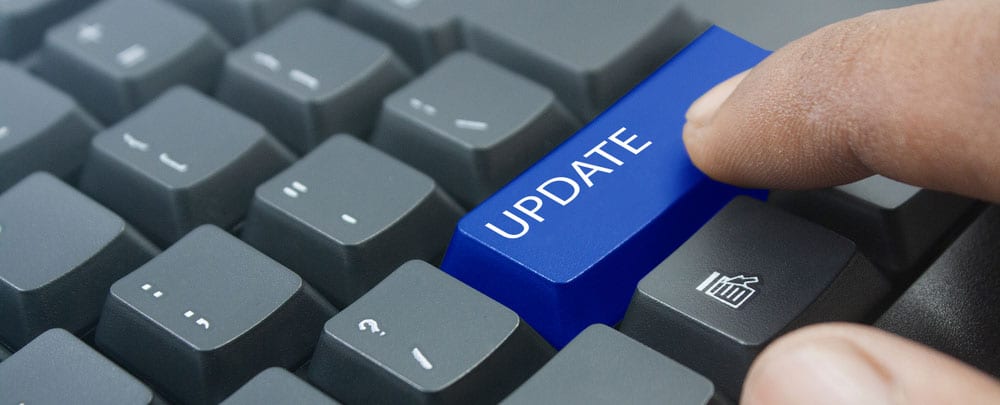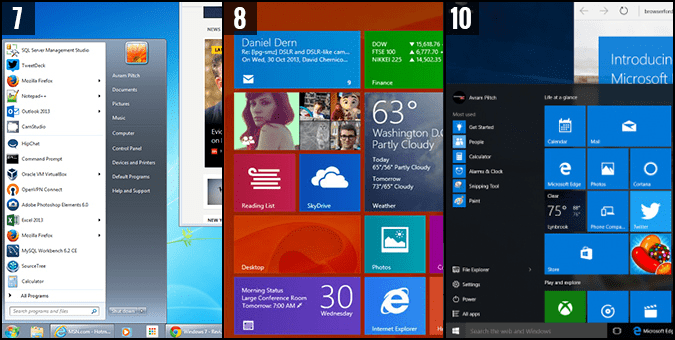What Happens When Microsoft Stops Supporting Windows 7?
Microsoft regularly cuts off older operating systems (OS for short) — this happens at five year intervals, meaning that mainstream support is five years, and extended support is another five years. Once this occurs, Microsoft stops supporting that software in the way that users have become accustomed to.
In general, Microsoft offers two periods of support for their operating systems. The first is called mainstream support; for Windows 7, this comes to close on January 14th, 2020.
The second tier of support is known as extended security updates (abbreviated as ESU). For Windows 7, this option applies only to those users that have Enterprise or Pro editions with volume licenses.
Please note: this means that if you have a personal digital license for Windows 7 on your computer, you will unfortunately not be eligible for the paid ESU service.
Extended support lasts for an additional five years after mainstream support. But the paid ESU service is only eligible for a small percentage of overall users.
For Enterprise and Pro edition users with volume licenses, the extended support will last for an additional three years (January 2023), but you will have to pay for each subsequent year. On top of this, the cost will not just increase, but double, with each passing year as well.
Three years of ESU support for Windows 7 Enterprise will cost $25 for the first year, $50 for the second year, and a whopping $100 for the third and final year. Windows 7 Pro users will have to pay $50, $100, and $200 for the same three years.
To top it all off, these prices only apply to a single device — in other words, one computer. If you use multiple computers that each have their own Windows 7 license, you will need to pay for each one of those devices separately.
Lastly (again), please keep in mind that these updates are only for users of Windows 7 Enterprise or Windows 7 Pro editions. If you have a personal Windows 7 Home digital license, you will not get to take advantage of these extended support updates offers.

Why Is Upgrading to Windows 10 So Important?
In two words, here’s why you need to go ahead and update to Windows 10 whenever you get the chance: security and speed.
As we said before, your computer and your personal information are put at high risk whenever you aren’t receiving security patches and updates anymore from Microsoft. Their engineers discover new bugs and potential threats all the time, so you’re essentially using your computer with the guards blindfolded and half-awake.
To further entice you to upgrade, Windows 10 also boots, sleeps, and wakes faster than the Windows 7 operating system. So, if you don’t update, you’re missing out on key speed increases as well.
Where Can I Get More Help with Windows 7 and Windows 10?
At Bristeeri Technologies, our goal is to provide the best technology support in South Carolina. If you need any assistance with upgrading from Windows 7 to Windows 10 on your computer, just drop us a line.
We can be reached by phone (803-744-0440), via email, or in person at our headquarters in Elgin, SC. Contact us today to get your computer on the right track for the future with Windows 10 and beyond.

